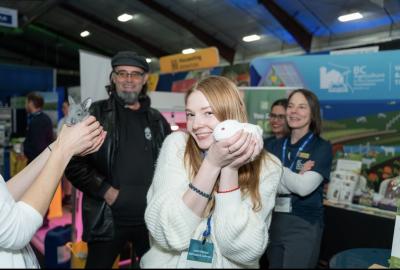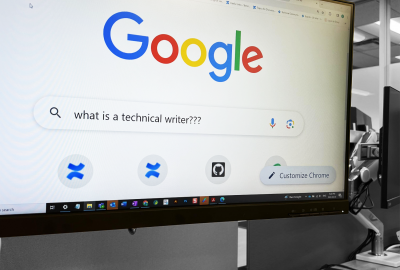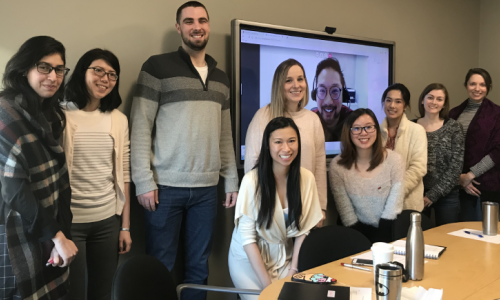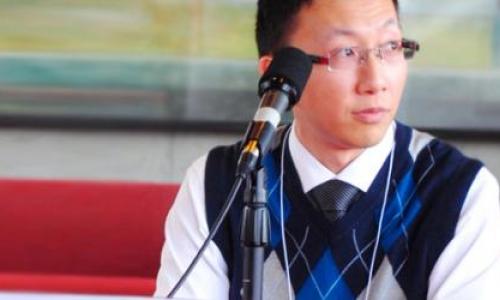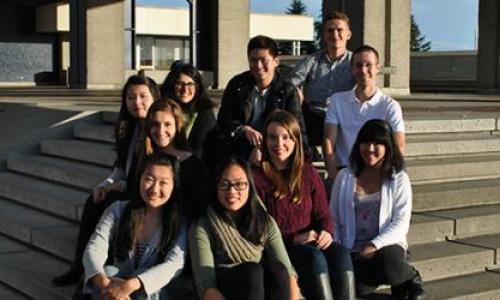
I have always been a student of many interests, and I believe that is why I struggled with choosing a career path for so long. I had many friends who entered their undergraduate degree already knowing that they wanted to be a doctor, dentist, or physiotherapist. These friends were the ones to take all the specific courses, extracurricular activities, or work experiences that would direct them down the path of the career of their choice. Currently, the majority of them have succeeded down these paths. For myself, my path wasn’t always so clear. During a time when I was a bit frustrated with my lack of clarity or direction, a mentor of mine told me this phrase: “in the absence of clarity, take action.”
These words stuck with me and that is exactly what I did. Although I felt lost in what I wanted to do post-graduation, I made the decision to seek out opportunities that would enhance my personal and professional development and hopefully guide me towards a clear career path.
The following are four ways in which I made connections with leaders and gained valuable skills and work experience:
1. Joining the Biomedical Physiology and Kinesiology Co-op Program
I completed four work terms with my co-op program. My first one as a biomechanical footwear assessor, my second and third as a student kinesiologist, and my final one as a teaching assistant. These experiences provided me with paid work and clarity; it is now clear to me that I want to work in health education and rehabilitation helping others overcome adversity and lead healthier lives.
2. Volunteering Around Campus
Getting involved with my student association and volunteering as a peer health educator and peer mentor not only enhanced my soft and hard skills, but also connected me with my department and campus community. I therefore felt more engaged with others around me and I gained more confidence in my ability to work in a team and apply my skills to future opportunities.
3. Initiating Informational Interviews with Mentors and Stakeholders
During my BPK practicum courses, I interviewed my practicum supervisor and her colleagues. By asking them questions about their work and career journey, I not only gained a deeper understanding of their day-to-day duties, but I also got to hear the personal stories of the different ways life can unexpectedly change and lead you to various directions you never thought you would end up.
4. Researching and Signing up for Certifications Relevant to my Degree and Interests
After completing BPK 143 Exercise: Health & Performance, I was motivated to challenge the BCRPA Fitness Theory Exam and I took additional courses to become certified as a weight trainer and group fitness instructor and completed my first aid certificate. These certifications helped make me more employable during my co-op work term searches.
By taking action diversify my work and extracurricular activities, I gained more clarity as to what I like and do not like and therefore provided me with more knowledge as to what I want in a future career. So now as I graduate from my kinesiology undergraduate degree, I have confidence that I have gained many employable skills and relevant experiences that have enhanced my work and graduate school applications.
Moving forward, post-degree, I will continue to take action and move forward towards my goals, and I am accepting of the fact that my career may change over the years as I continue to grow.
Beyond the Blog
-
To learn more about opportunities like Alexandra's, check out the SFU's (BPK) Co-op site.








